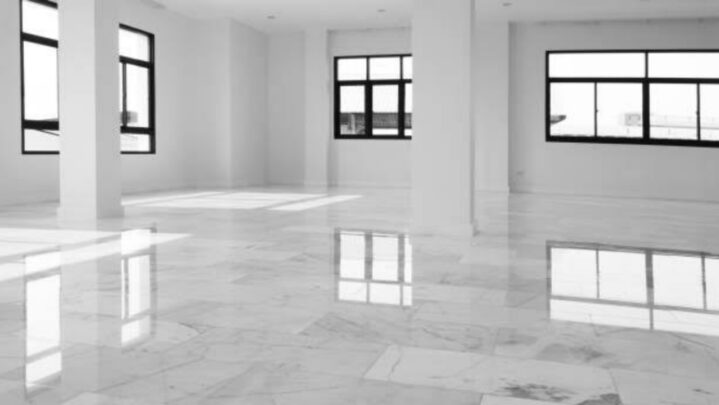Nature is porous.
Because marble is a porous material, it can be harmed by water penetration. As a result, any spilled item might be harmful to the stone’s surface. However, damage management can be accomplished by applying a chemical sealer to the surface immediately following the installation of these tiles. This sealer should be used at least once a year for the best effects.
Fragile
Marble tiles are prone to chipping, cracking, and shattering. To ensure that there are no gaps between the marble and the floor, floor tiles must be installed carefully. Even under normal pressure, weak regions are prone to breaking. Marble, unfortunately, is vulnerable to scratch marks, which are particularly noticeable on a smooth and flat surface. It’s tough to remove these marks without causing damage to the cloth. To avoid damage to marble countertops in kitchens, specific precautions should be taken.
A slick surface
Marble tends to be incredibly slippery when it has been polished. This can be harmful in locations where the floor is likely to come into touch with water, such as kitchens and bathrooms. To avoid disasters, it is recommended that you use a carpet or choose less glossy marble tiles.
Expensive
Marble tiles can be costly since they are regarded as a key architectural feature in building design. Marble tiles are not as hard as granite, slate, or other natural stones. After installation, a significant amount of money must be spent on routine maintenance.
Marble may be used for a variety of applications, and while it does require some upkeep, its royal beauty is unmatched by many other materials. When properly cared for, it can give any space a visually pleasing appearance.





